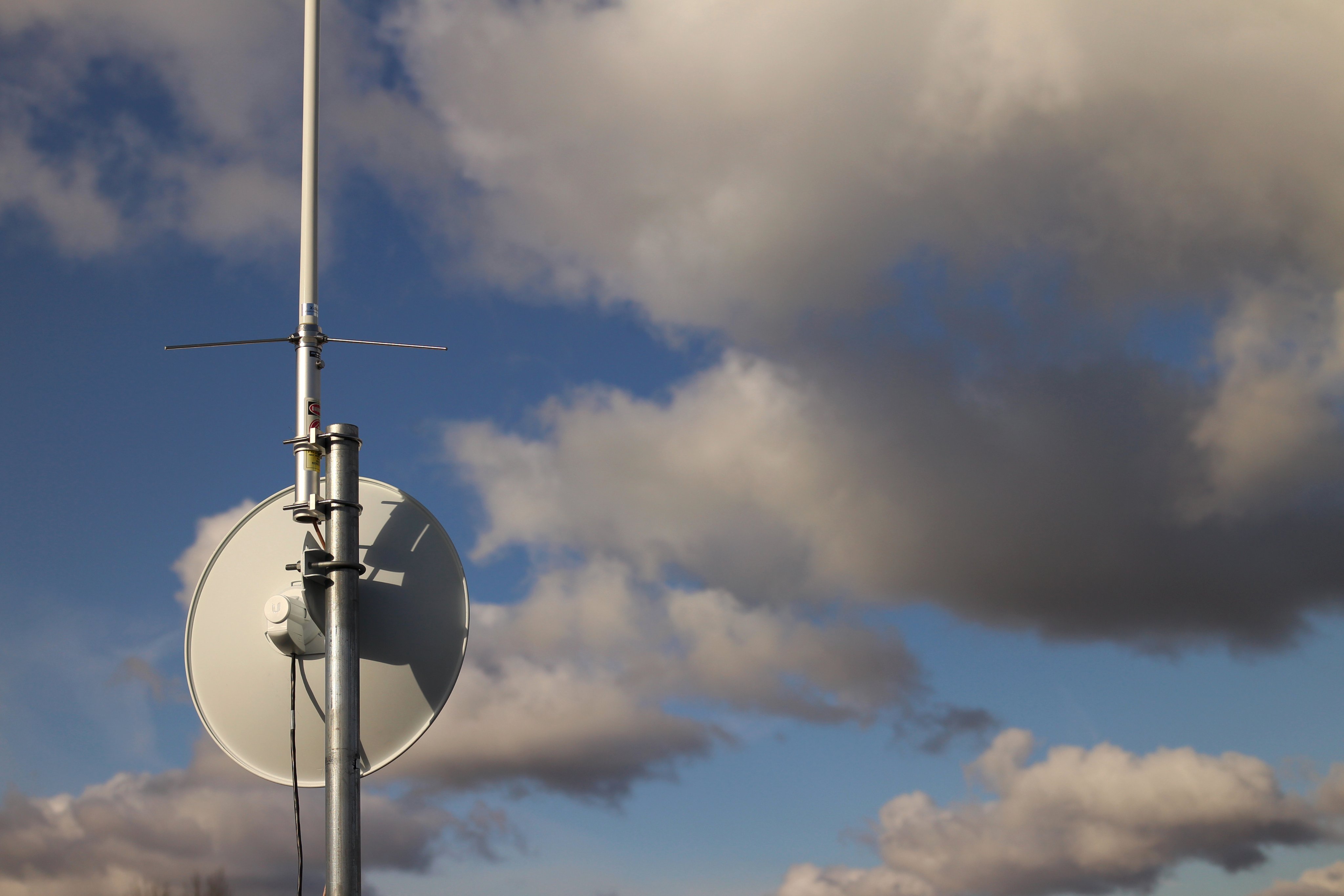JOSHUA MÉNDEZ HARPER
electrostatics, amateur radio, coffee, bikes
Electrical and Computer Engineering
Portland State University

Electrical and Computer Engineering
Portland State University

Why two insulating materials charge electrostatically when rubbed together is one of the oldest unanswered questions in physics. Are electrons exchanged during contact? Maybe ions? Despite the open issues, triboelectric charging can generate a wide range of effects, from clumping of freshly-ground coffee to volcanic lightning storms to the coalescence of planetesimals in protoplanetary discs. Perhaps, you have experienced a shock when reaching for a doorknob after scuffing your feet on a carpet.
Our lab focuses on the design of electronic sensors to elucidate the underlying mechanisms that drive triboelectrification, with a special focus on many-particle systems and supersonic flows. Further, we leverage frictional charging to gain information about a granular system that would otherwise be opaque to observation. For example, what can electrification and lightning in volcanic plumes tell us about the eruption itself? Our arsenal is broad, from the veritable Faraday cup to charge-sensitive acoustic levitators. We are currently using these tools to investigate electrostatic processes associated with eruptions, wind-blown sand on Titan and Io, and coffee grinding.
The Pacific Northwest is vulnerable to a number of hazards, including earthquakes, volcanic eruptions, and climate fires. Many communities and organizations around Oregon include amateur radio as a tool for emergency relief and management (see, for example, Portland's Neighborhood Emergency Teams). However, amateur radio may help characterize and detect potential hazards before they turn into disasters. With the rugged Cascade range as our laboratory, we use VHF and microwave radios to build and test environmental monitoring systems capable of delivering data with high spatial and temporal resolutions. Specifically, we combine the Amateur Radio Emergency Data Network (AREDN) and the Automatic Packet Reporting System (APRS) to produce rapidly-deployable, self-healing, open-source sensor networks. Lastly, because these technologies operate on unencrypted ham radio bands, the data we produce is open to all.

Currently, I have openings for one or two PhD students to work on a project designing trackers for instrumented pico-balloons. These balloons aim to collect and chacterize bacteria in Earth's atmosphere. Another project focuses on exploring how turbulence in volcanic plumes influences the electrification of ash and the genesis of volcanic lightning. I am also open to learn about your interests. If you have a project in mind that fits within the context of the lab's research goals, I am keen to hear about it! While you will be expected to formally apply to the ECE program at PSU, please reach out to me as well here: joshua.mendez 'at' pdx.edu.
Beyond PhDs, am always interested in working with good students regardless of where you are in your academic career. I encourage motivated undergraduate or masters students to swing by my office or schedule an appointment for us to chat. If you have experience as a barista, I'd love to talk to you about some of the work we are doing to better understand the physics of filter coffee.

Consumed all over the world, coffee is one of the most frequently traded commodities. Many factors influence the character and taste of coffee, including origin, processing method, roast, and preparation. Our lab uses both existing techniques and home-grown instrumentation to characterize the multiphase processes that occur during roasting, storage, grinding, and brewing. In collaboration with electrochemists, we are exploring the effects of churning, fines migration, and water composition on extraction during the brewing of filter coffee. We also continue to investigate fracture dynamics during grinding and whether the electrostatic charging of ground coffee can serve as a marker for physical and chemical qualities of coffee.
"The bicycle is the most civilized conveyance known to man. Other forms of transport grow daily more nightmarish. Only the bicycle remains pure in heart." - Iris Murdoch
When the 2011 Tōhoku eathquake shut down the metro system and damaged roads, stores in Tōkyō sold out of bicycles as people searched for alternative transportation options. That was not the first time bikes served as key tools during moments of great disaster. Unlike cars, bicycles don't require fossil fuels or a working power grid. They can more easily surmount road blockages and can be used to deliver medical and food supplies. The resiliency of people with bicycles is demonstrated every year at Portland's Disaster Relief Trials. Could bikes also help restore communication during an emergency blackout? Our lab is currently working with community players to design a fleet of bikes capable of creating reconfigurable, high-speed data links. In essence, we are building an IP-based system very similar to, but not dependent upon, the Internet. By placing radios on two wheels, we can optimize emergency communications across a wide variety of environments, terrains, and social contexts.
